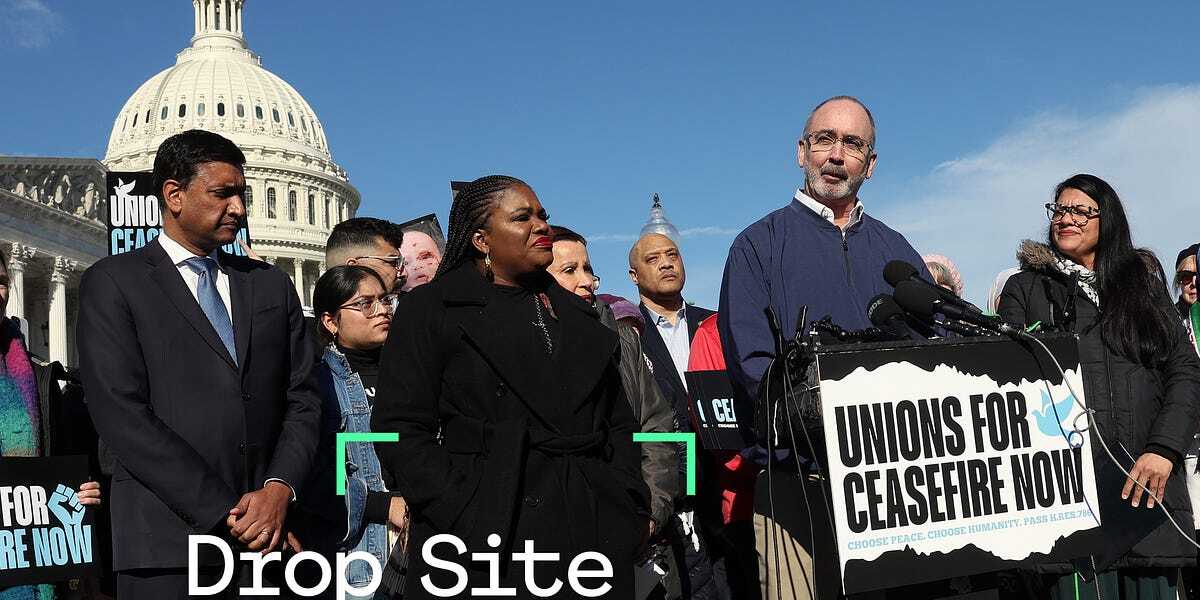The federally appointed monitor tasked with overseeing the United Auto Workers, Neil Barofsky, is ratcheting up his conflict with UAW President Shawn Fain, announcing another investigation into the union leader who rose to national prominence amid the successful “Stand Up Strike” against the Big Three automakers.
Yet newly unveiled documents suggest Barofsky’s pursuit of Fain has less to do with concerns over union self-dealing and more to do with the politics of Israel-Palestine.
Fain told Barofsky, the source said, that the ceasefire resolution was in no way antisemitic or even pro-Palestinian, but simply an expression of the union’s desire for peace. Fain added that that it was impossible for the monitor to call the union president in a strictly personal capacity, given the power dynamic at play, but that the union intended to stand by its call for a ceasefire and he would be appearing at the press conference on Capitol Hill the next day. The event went off as planned.
That a federal court monitor would think it was appropriate to try to stop that event from happening is extraordinary. That authority is nowhere within his court-appointed power, which derives from U.S. District Judge David M. Lawson, who appointed Barofsky as monitor. Lawson wasn’t available for comment. Barofsky did not respond to a request for comment. “The US Attorney’s Office must decline comment at this time,” said Gina Balaya, a spokesperson the Department of Justice’s Eastern District of Detroit.


It’s in Fain’s letter in the article. It appears the UAW is based.